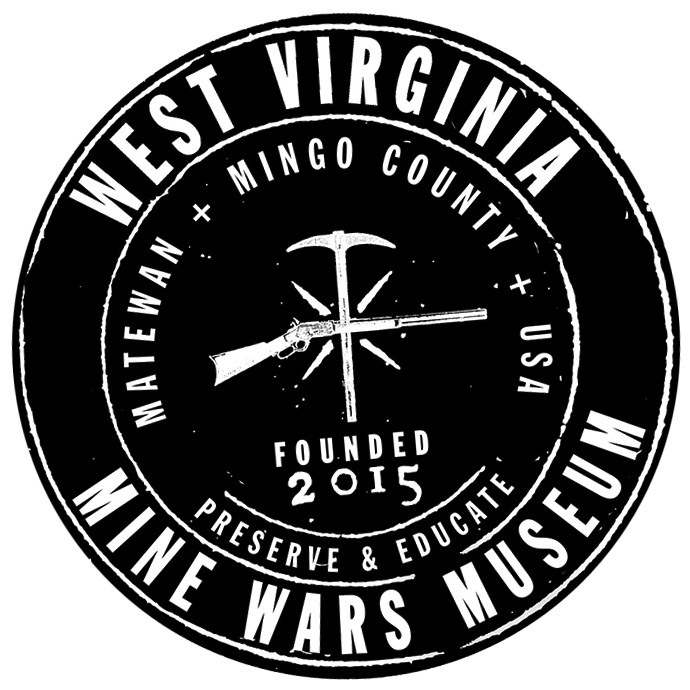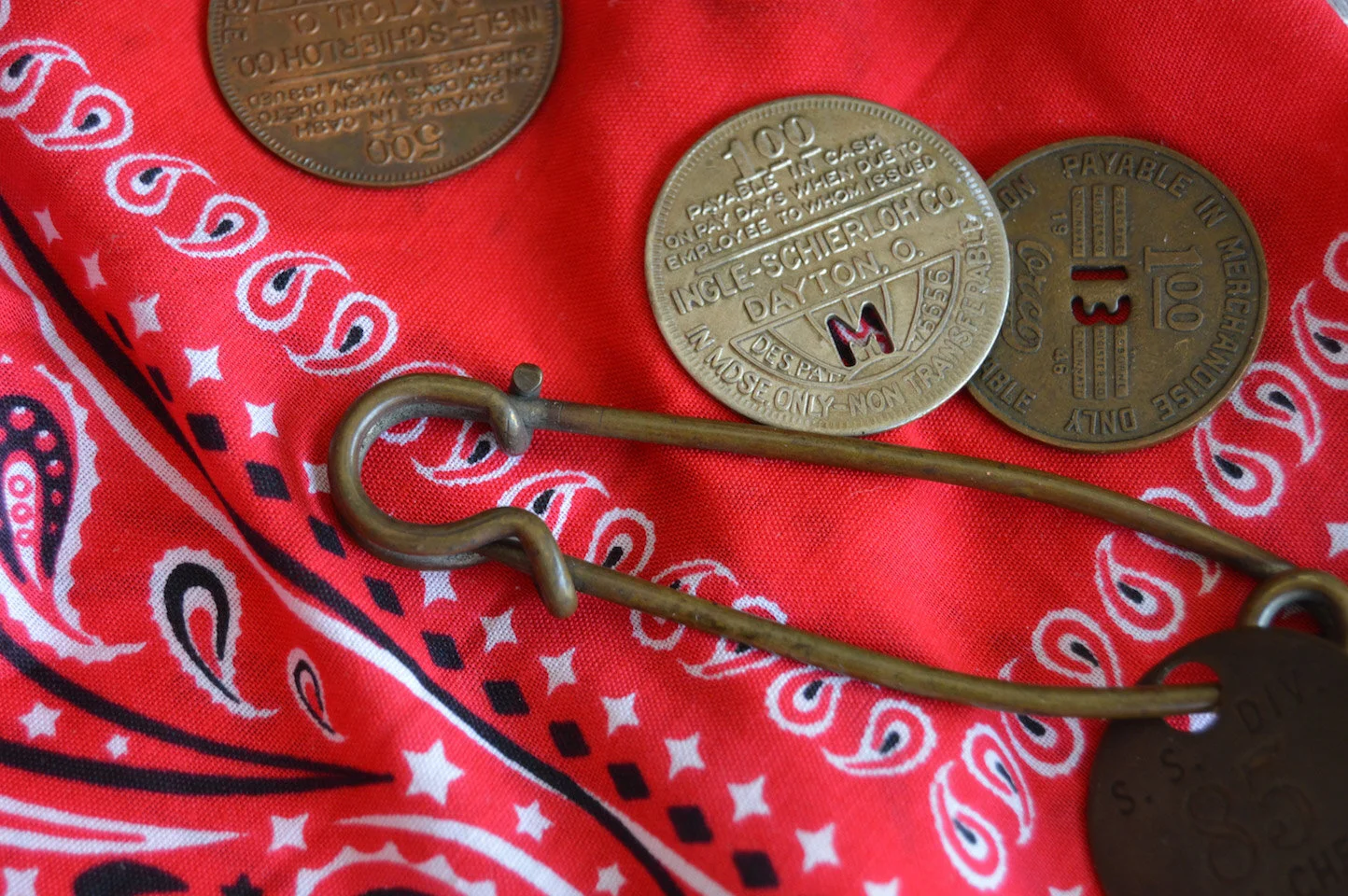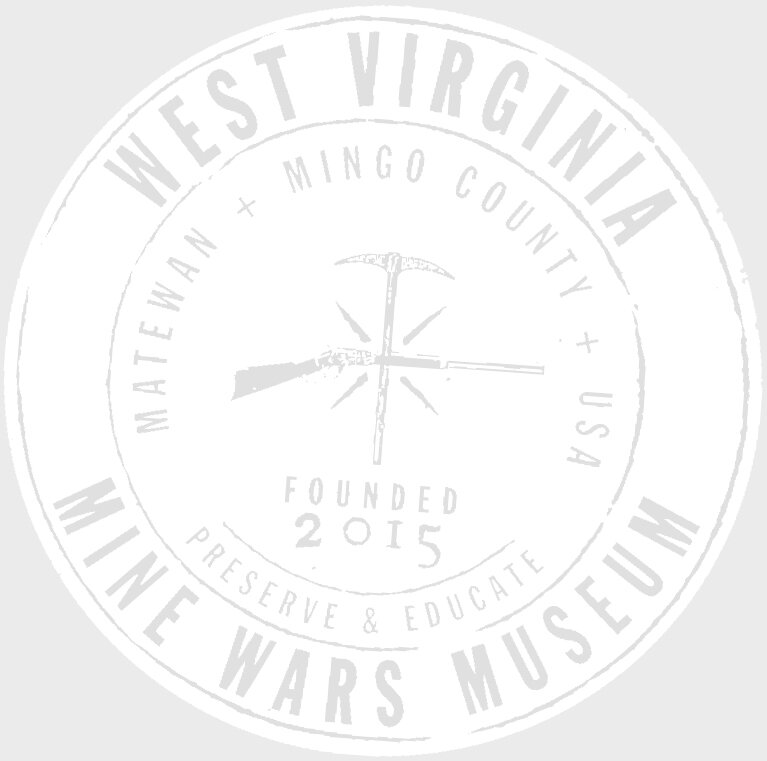For decades, many coal companies in Appalachia paid their miners primarily in a privately issued currency known as scrip. Typically minted in inexpensive metals, these specialized coins were only redeemable at stores owned by the company that issued them. Companies often claimed that the scrip system smoothed over the process of payment in isolated rural areas, but more often than not this also created a kind of debt bondage that kept coal miners and their families tied to their employer for almost everything they needed to survive.
16 Tons, our new online exhibit of company scrip and tokens, highlights the unique scrip coinage of the southern West Virginia coalfields. This exhibit draws primarily from the collection of Kenny King, who has been collecting these coins for years through buying, trading, and occasionally even finding them in the soil during his archeological surveys.
For a deeper dive into the history and use of company scrip as payment for coal mining labor, founding museum board member Lou Martin has recently published an excellent article on scrip for the ADP publication ReThink Quarterly.
Knowing Better has an excellent video overview of the history of company towns, including some modern ones, in the video Un-American and Yet, Totally American.
West Virginia’s own Crystal Good—writer-poet, producer and founder of Black By God—has an excellent performance on this theme: How Much Are The Cookies In The Company Store?
Our scrip coins are cataloged using the National Scrip Collectors Association's nomenclature and rarity scale.
Scrip photographs by Roger May and Shaun Slifer.
Our 2022 online exhibits have been made possible in part by the National Endowment for the Humanities. Any views, findings, conclusions, or recommendations expressed in this program do not necessarily represent those of the National Endowment for the Humanities.


